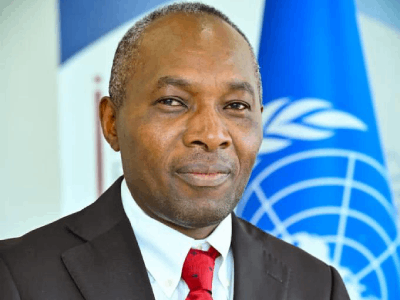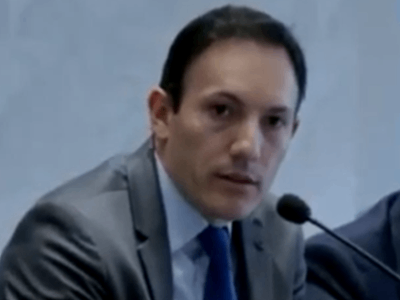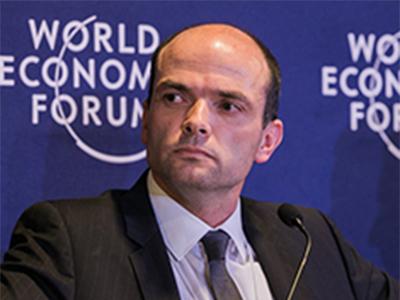Trade, investment, and green industrial policies can help countries achieve carbon emission reductions set forth in their National Determined Contributions (NDCs) and energy transition plans (ETPs). Tariffs, market-based mechanisms, subsidies, and technical regulations can facilitate energy transition, enhance the market for carbon efficient products, and facilitate the phasing out of unsustainable economic activities. Trade response measures can also lead to negative outcomes such as reducing countries’ competitiveness in affected sectors. International cooperation can support developing countries’ access to green technologies.
UNCTAD’s World Investment Report 2023: Investment in Sustainable Energy for All calls for urgent support to developing countries to enable them to attract significantly more investment for their transition to clean energy. A concerted effort is essential to ensure successful implementation paths for NDCs while minimizing the potential negative impact of policy measures in developing countries.
Based on the findings from the UNCTAD WIR 2023 and recent research on the contribution of trade, investment, and industrial policy to the implementation of NDCs, the session will identify opportunities, challenges and policy priorities to help advance climate change goals. The session’s outputs will contribute to the WIF 2023 High-level event on The Investment, Trade and Development Nexus, which will address the evolving relationship between trade, investment, and development in the context of today’s multiple global crises and increasingly difficult policy environment for international trade and investment.
Speakers will include high-level policymakers and experts on trade, investment, and climate change policy, and other relevant stakeholders.
Session themes:
- How can the inclusion of trade, investment, and green industrial policy related provisions in NDCs contribute to climate change mitigation and adaptation, by incentivizing investment into the development of green or blue production and export?
- How can trade and investment policy help countries minimize the potential social and economic impact of mitigation efforts?
- How international collaboration (e.g. green technology transfer) help enhance developing countries’ carbon competitiveness and improve their access to global markets?







